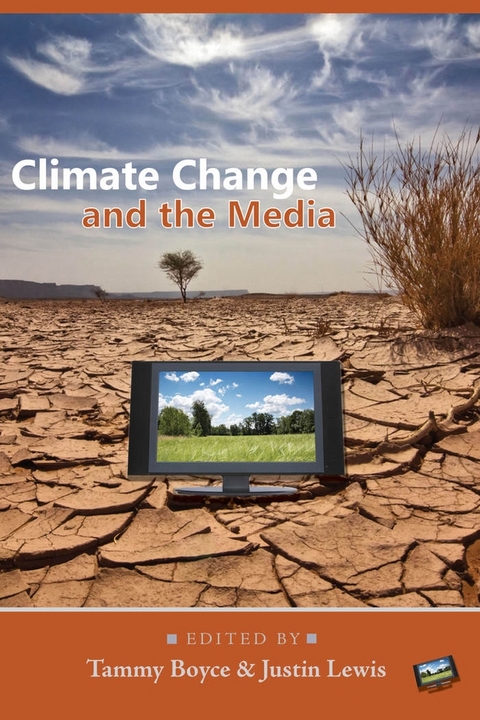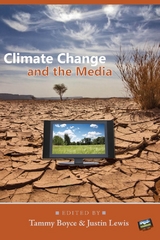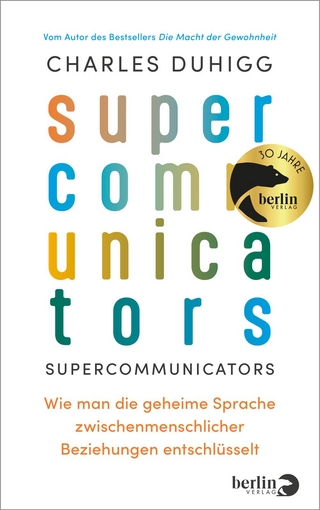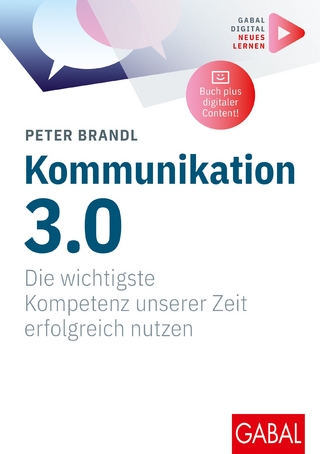Climate Change and the Media
Peter Lang Publishing Inc (Verlag)
978-1-4331-0460-2 (ISBN)
The Editors: Tammy Boyce is a research fellow in public health at The King’s Fund, London, UK. Her research interests include media coverage of risk, science, and health. She is the author of Health, Risk and News: The MMR Vaccine and the Media (Peter Lang, 2007). Justin Lewis is Professor of Communication and Head of the School of Journalism, Media and Cultural Studies at Cardiff University. He has written many books about media, culture, and politics, including Constructing Public Opinion and Citizens or Consumers: What the Media Tell Us About Political Participation.
Contents: Simon Cottle: Series Editor’s Preface: Global Crises and the Media – Justin Lewis/Tammy Boyce: Climate Change and the Media: The Scale of the Challenge – Richard Maxwell/Toby Miller: Talking Rubbish: Green Citizenship, Media, and the Environment – Rowan Howard-Williams: Ideological Construction of Climate Change in Australian and New Zealand Newspapers – Catherine Butler/Nick Pidgeon: Media Communications and Public Understanding of Climate Change: Reporting Scientific Consensus on Anthropogenic Warming – Robert E.T. Ward: Climate Change, the Public, and the Media in the UK: A Watershed Moment – Grace Reid: The Climate Change Docudrama: Challenges in Simultaneously Entertaining and Informing Audiences – Stephen Zehr: An Environmentalist/Economic Hybrid Frame in US Press Coverage of Climate Change, 2000-2008 – Tim Holmes: Balancing Acts: PR, «Impartiality», and Power in Mass Media Coverage of Climate Change – Julie Doyle: Climate Action and Environmental Activism: The Role of Environmental NGOs and Grassroots Movements in the Global Politics of Climate Change – Mike Hulme: Mediated Messages about Climate Change: Reporting the IPCC Fourth Assessment in the UK Print Media – Neil T. Gavin: The Web and Climate Change Politics: Lessons from Britain? – Mike Shanahan: Time to Adapt? Media Coverage of Climate Change in Nonindustrialised Countries – Yan Wu: The Good, the Bad, and the Ugly: Framing of China in News Media Coverage of Global Climate Change – Lyn McGaurr/Libby Lester: Complementary Problems, Competing Risks: Climate Change, Nuclear Energy, and the Australian – Alex Lockwood: Preparations for a Post-Kyoto Media Coverage of UK Climate Policy – Astrid Dirikx/Dave Gelders: Global Warming through the Same Lens: An Explorative Framing Study in Dutch and French Newspapers – Peter Berglez/Birgitta Höijer/Ulrika Olausson: Individualisation and Nationalisation of the Climate Issue: Two Ideological Horizons in Swedish News Media.
«It is vital that people understand the scale and urgency of the action that is required to reduce the huge risks of climate change. This action will arise, in large measure, from the pressures that people place on decision-makers. And action is also required by consumers, investors, workers and citizens. The public needs informed analysis and serious comment from the media, rather than the gladiatorial rough-housing that has sometimes characterized coverage of climate change. This book provides a timely analysis of and insight on these issues. Communication and reflection are vital on this fundamental issue and the basic science requires that we move quickly. Journalism and the media more generally will be vital.» (Lord Stern of Brentford, Grantham Research Institute on Climate Change and the Environment)
| Reihe/Serie | Global Crises and the Media ; 5 | Global Crises and the Media ; 5 |
|---|---|
| Verlagsort | New York |
| Sprache | englisch |
| Maße | 160 x 230 mm |
| Gewicht | 400 g |
| Themenwelt | Sachbuch/Ratgeber ► Beruf / Finanzen / Recht / Wirtschaft ► Briefe / Präsentation / Rhetorik |
| Schulbuch / Wörterbuch | |
| Geisteswissenschaften ► Sprach- / Literaturwissenschaft ► Literaturwissenschaft | |
| Naturwissenschaften ► Biologie ► Ökologie / Naturschutz | |
| Sozialwissenschaften ► Kommunikation / Medien ► Buchhandel / Bibliothekswesen | |
| Sozialwissenschaften ► Kommunikation / Medien ► Journalistik | |
| Sozialwissenschaften ► Kommunikation / Medien ► Kommunikationswissenschaft | |
| Sozialwissenschaften ► Politik / Verwaltung ► Politische Theorie | |
| Sozialwissenschaften ► Soziologie | |
| ISBN-10 | 1-4331-0460-1 / 1433104601 |
| ISBN-13 | 978-1-4331-0460-2 / 9781433104602 |
| Zustand | Neuware |
| Haben Sie eine Frage zum Produkt? |
aus dem Bereich




